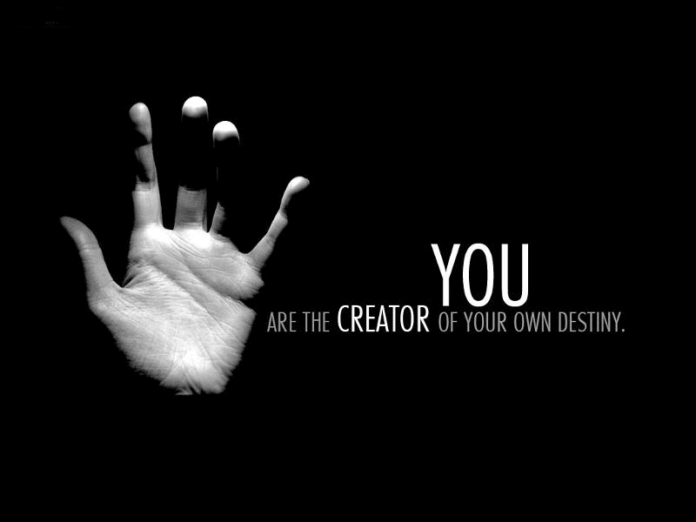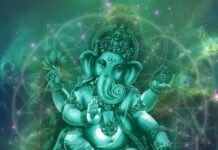पूर्वजन्मकृतं कर्म तद् दैवमिति कथ्यते ।
तस्मात पुरुषकारेण यत्नं कुर्याद्तन्द्रित: ॥
Your destiny in this life is the result of actions that you performed in previous lives.
Recognizing this fact, with personal determination you should exert yourself now without faltering. Hitopadesha
By Dr David Frawley
Commentary
The balance between free will and fate has long been debated, with some proclaiming that our entire life is predestined. The fact is that we are free to act but, at the same time, we cannot avoid the results of our actions, whatever these may be and whenever they may occur.
If you stick your hand into a fire, you get burned, regardless of how you did it. However, the forces we set in motion by our actions are seldom experienced immediately. For example, the effects of a wrong diet may create a disease that manifests years later in life, not right after eating what is bad for us.
In such instances of karmic time-lapse, we may fail to see the actual relationship between cause and effect involved, and instead in our ignorance blame our fate, destiny, other people, or the world for our difficulties, as if we ourselves were not responsible.
Then we may seek to propitiate fate, change our destiny or try to get others to help us, rather than simply changing our actions so that we don’t set in motion further such negative consequences.
Vedic Counseling Implications
This Subhashita praises personal exertion as most important, and as what creates our destiny, which Vedic texts commonly do. But such personal exertion should be determined, continual, and mindful of the results, not simply blind or haphazard efforts to get what we want, regardless of the effort needed or the consequences.
In the case of Vedic Counseling, we instruct our clients that we must assume karmic responsibility for our lives as the first principle in dharmic and conscious living. Otherwise, we will fail to see the nature of the forces we are setting in motion and instead become dependent upon others or caught in the external world.
Once we have assumed karmic responsibility, we should make greater efforts with determination and purpose, mindful of the likely results that we are creating the long term. This draws us into a sadhana or inner practice for Self-realization, not simply greater efforts to gain outer achievements and acquisitions.
Whatever you are doing, consciously or unconsciously, you are creating your karma for the future. That karma goes with you at death, though your property, wealth, and social recognition die with the body. So you must act with your best effort and knowledge. That is the way to achieve our highest goals for the benefit of all.
This article first appeared in www.vedanet.com and it belongs to them.








